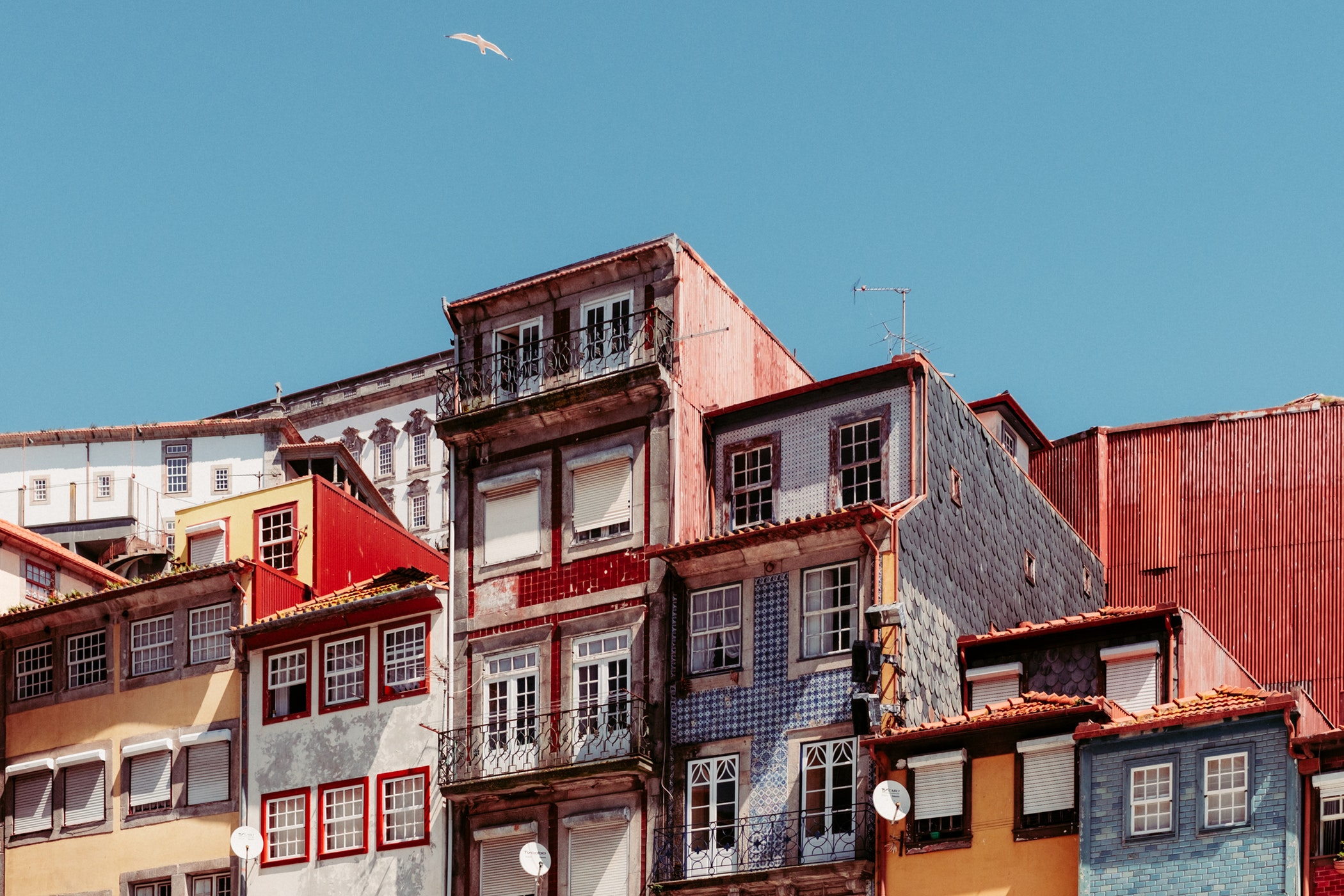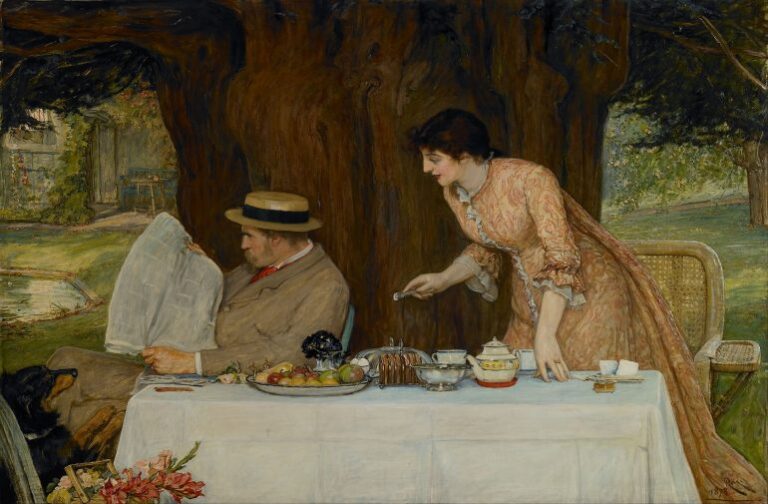Living Between Languages: Notes on Language and Loss

I was seventeen years old when I started working at the front desk of a beach resort in my coastal city in Brazil and began to teach myself my first sentences in English. In the tourism industry, English was currency, and as such I wanted to earn it. It was only natural that I soon began to read books in English, worn volumes of Salinger and Nabokov tourists never picked up from the lost and found box at the reception desk.
Learning another language (I suppose it could have been any language) changed my life: it made me yearn to be a writer. I’ve become both half-conscious and super-conscious of what I’m saying, of the strangeness and newness of language. I pick over my own speech. This awareness of style, of diction, of how sentences are formed and information is conveyed isn’t entirely a bad thing for a writer. It’s an exercise in slowing down, in spending more time underneath the surface.
Eva Hoffman writes in her Lost in Translation: A Life in a New Language:
I’ve become obsessed with words. I gather them, put them away like a squirrel saving nuts for winter, swallow them and hunger for more. If I take in enough, then maybe I can incorporate the language, make it part of my psyche and my body. I will not leave an image unworded, will not let anything cross my mind till I find the right phrase to pin the shadow down.
I share a similar obsession with what language can and cannot do—how it fails us, how it propagates values, expectations, emotion, how it demonstrates one’s relationship to the world, how that relationship informs how one ascribes meaning to words. I’ve learned that I can trace the words back to their source, to the accumulated associative images from which they spring. It’s the strangest thing, the way words come to us. Some years ago I learned a word like dough, which I associated with money (as I’d encountered in The Catcher in the Rye) before I associated it with Play-Doh or the thick mixture used for baking. Language is about possibility, the word that might live within another word, what Hoffman calls the “radiating haze of connotation.”
Of course a multilingual world is not as romantic as one might think. It strikes me every now and then that there are people who don’t have to doubt their words the way I do, who aren’t self-conscious. I learned English out of necessity and that comes with its own problems—aesthetic and political ones. With childhood in one language and a writing life in the other, I’m standing both inside and outside my mother tongue and my stepmother tongue. I feel equally confident and tentative in both languages, a foreigner and a local in both worlds, experiencing nostalgia for childhood and a sense of profound loss of intimacy.
As Nancy Huston puts it in an essay in Lives in Translation: Bilingual Writers on Identity and Creativity, “the acquisition of a second tongue destroys the naturalness of the first. From then on, nothing can be self-evident in any tongue; nothing belongs to you wholly and irrefutably; nothing will ever ‘go without saying’ again.” Both Portuguese and English are in italics in my mind, both of them equally strange. I keep searching for the right words, for the opportunity to be overpowered by their effect. If writing in a second language is like hunting, I’m both a stalker and an animal who explores the woods, both the archer and the prey.


